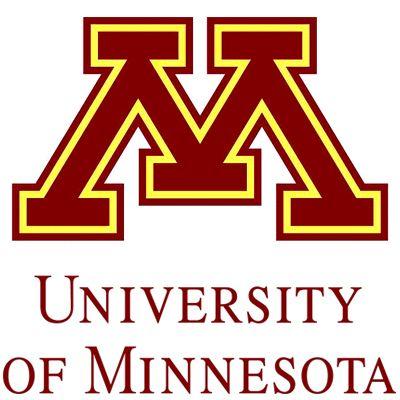The University of Minnesota (the University) is committed to helping employees lead happy, healthy and fulfilled lives through its wellness and well-being program, which has been in place for more than 10 years. The HERO Health and Well-being Best Practices Scorecard in Collaboration With Mercer© (HERO Scorecard) was first utilized formally by the University in 2015. To complete the HERO Scorecard, the University’s vendor partner and a HERO Scorecard Preferred Provider, StayWell, facilitated a group discussion among University stakeholders. Difficult questions were divided among the group to further research the most accurate answers.
A HERO Scorecard Benchmarking Report prepared by StayWell revealed that the University’s results were better than the national, university and similar-size employer averages, which reflected a mature, comprehensive program. The greatest strength identified was in the best-practice domain of Programs. The University offers a wellness assessment, coaching (phone and digital) and physical activity challenges and also taps into confidential internal services for onsite screenings and face-to-face coaching. Offerings from eight other University partners range from onsite cooking classes to a bike commuter incentive program monitored by a University-pioneered automatic recognition system. The most recent wellness assessment results indicate that individuals appropriately self-selected activities in which to participate, and activities were effective in reducing or maintaining risks.
In the coming year, the University plans to focus on its greatest area of opportunity identified by the HERO Scorecard: Organizational and Cultural Support. The intent is to strengthen the existing grassroots network of wellness advocates and the work they do within their individual departments. Leadership commitment to the Wellness Program has always been strong in terms of resources, and additional leadership support is being focused on the University’s well-being initiative going forward. The University is developing a three-year strategic plan and using HERO Scorecard results to inform focus areas. The strategic plan will be shared with leadership and internal and external vendor partners to ensure a collaborative approach that continues to drive University Wellness program success.
“The University appreciates having a credible benchmark for our program against comparable organizations,” said Ken Horstman, Director of Total Compensation. “It’s also helpful for us to have clear direction for how we can improve.”
Source: 2016 HERO Scorecard Progress Report

